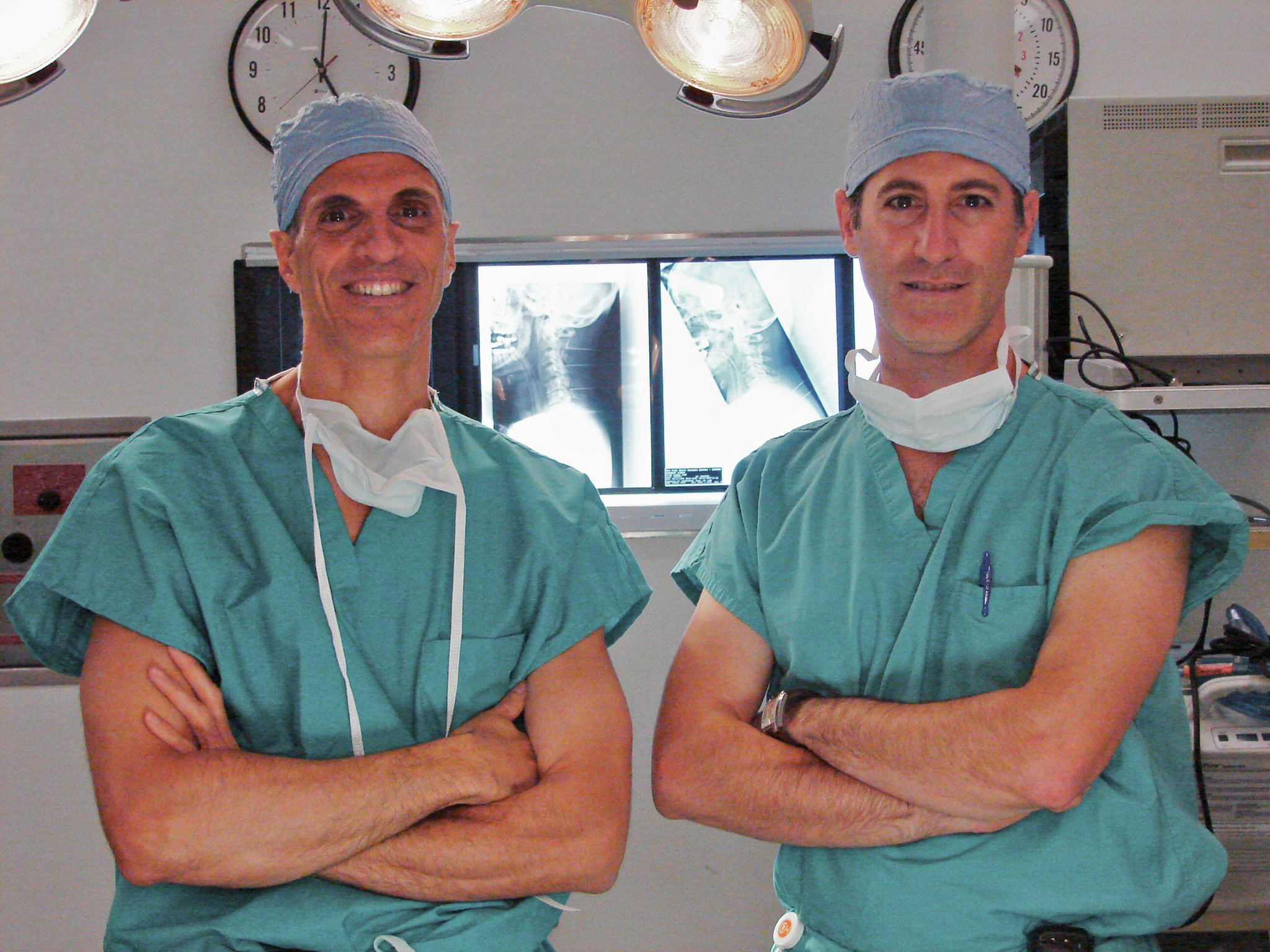
The Children's Brain Tumor Tissue Consortium (CBTTC), a collaborative research group that counts Weill Cornell Medicine among its members, has released the first-ever Pediatric Brain Tumor Atlas, which promises to be a boon to pediatric neuro-oncology researchers around the world. The Atlas, which contains data on 30 tumor types from more than 1,000 patients, makes available valuable information on tumors that have been historically unavailable for study, which has hampered research.
The Children’s Brain Tumor Project (CBTP) at Weill Cornell Medicine Brain and Spine Center is one of 16 participating laboratories in this multi-institutional project, which is unique in its dedication to making data openly available to all researchers, with the goal of accelerating new treatments and potential cures for brain tumors that strike children and adolescents. With a focus on rare and inoperable tumors, the Children’s Brain Tumor Project benefits enormously from access to shared data. The Atlas, which will continue to grow over time, includes whole genome sequencing and RNA sequencing, clinical data, pathology reports, and images.
The increased collaboration and research is imperative: pediatric brain tumors have the distinction of being the leading cause of disease-related death in children. In a sharp contrast to adult cancers, the causes of pediatric brain tumors are widely unknown and therapies have not been updated in decades. Furthermore, these treatments do not target specific tumors and can also affect their developing nervous system. To further complicate treatment, many tumors are inoperable or are located in sensitive areas of the brain—care options become more limited in these situations.
The dataset is representative of data collected from over 1,000 subjects and 30 unique types of brain tumors. The data within the PBTA is accessible and continuously growing with more datasets set to release in May 2019. The data presented by PBTA ameliorates the issue of limited access and availability of datasets and also allows researchers to collaborate and cross-analyze diseases.
The CBTP was founded in 2011 with the singular goal of bringing hope to the hundreds of patients and families each year who confront the heartbreaking diagnosis of childhood brain cancer. The Atlas will greatly assist the CBTP in identifying brain tumors and identifying alternative delivery methods and drugs that specifically target each child’s brain tumor.
For more information, please click here.